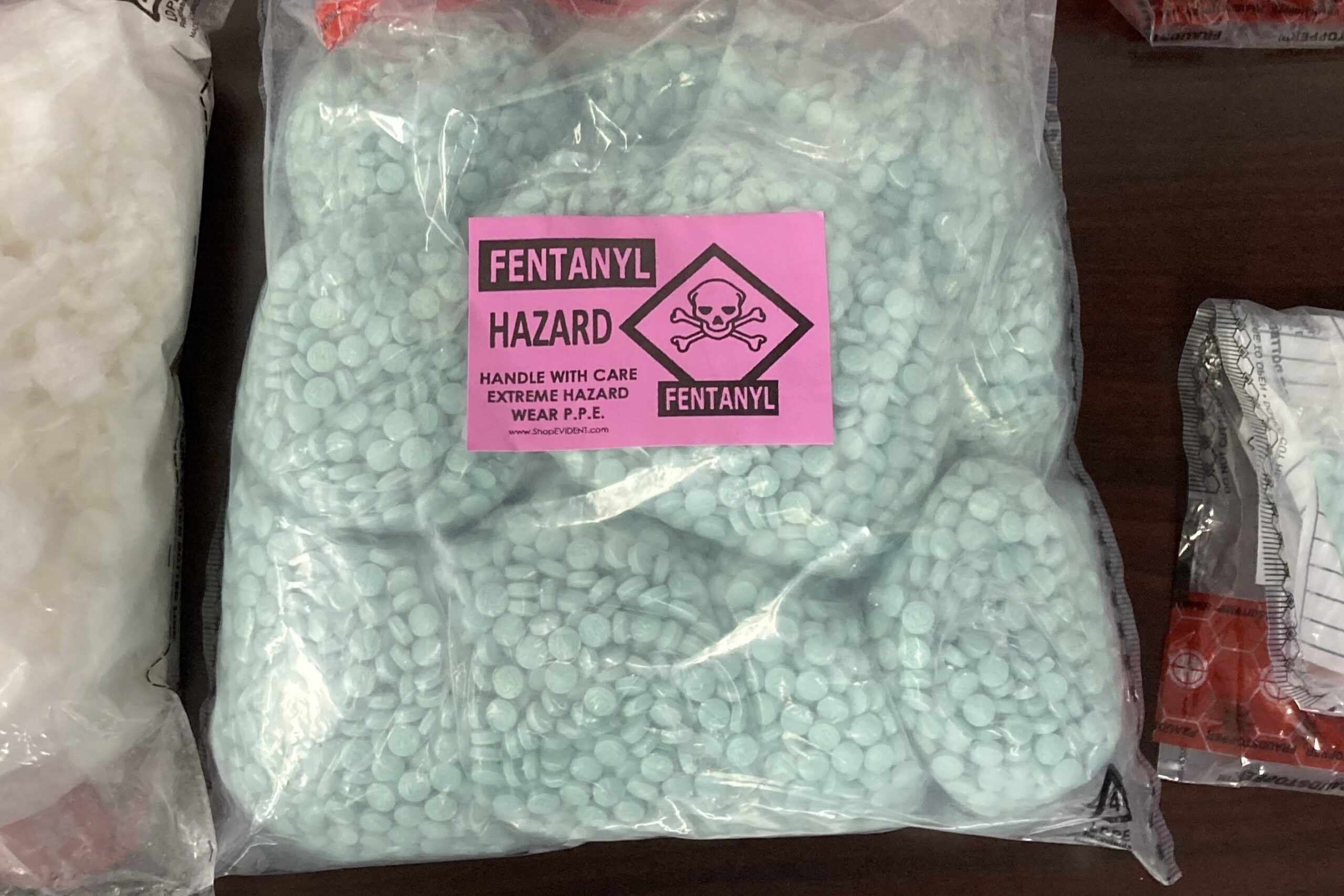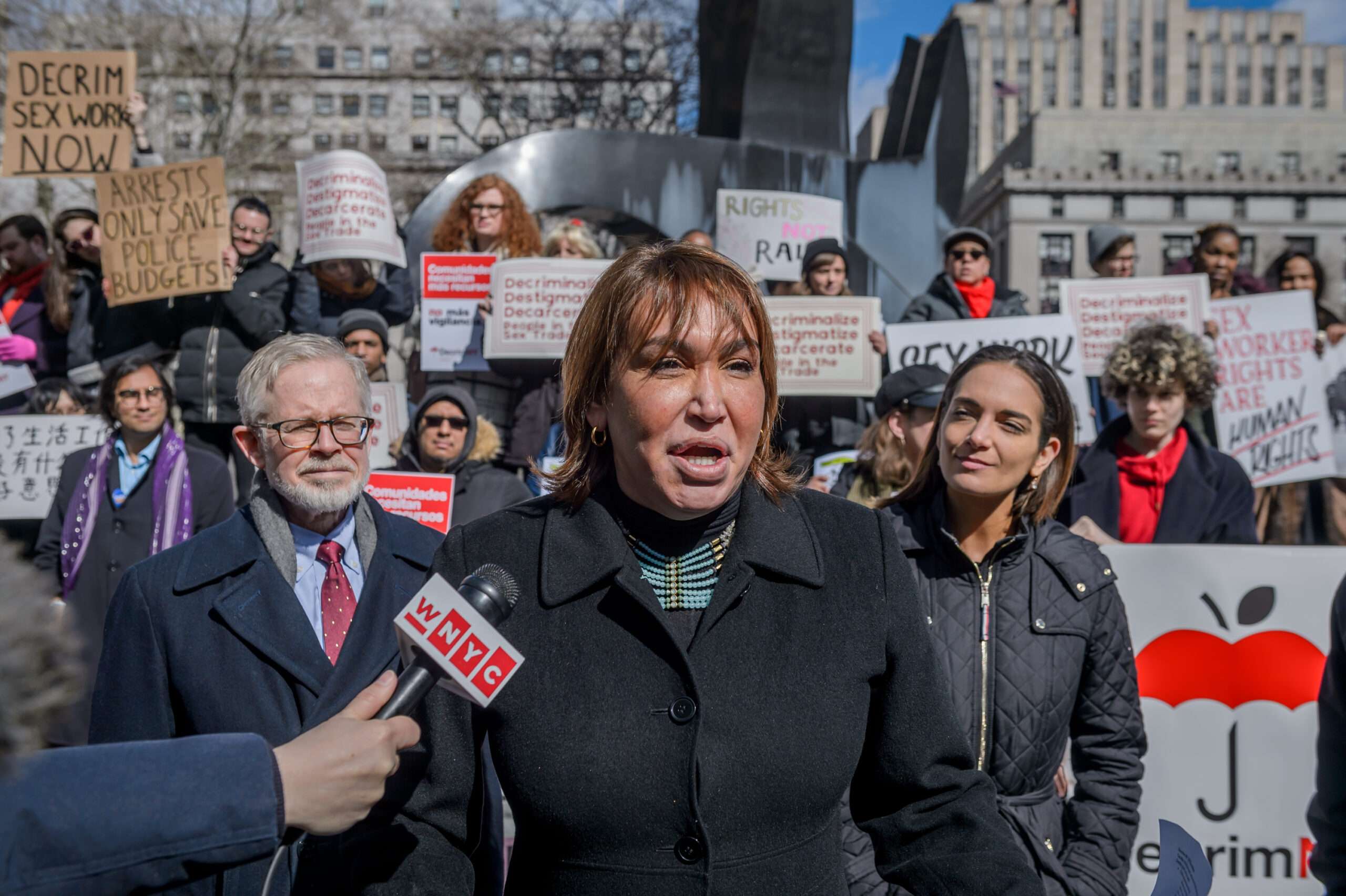



In recent years, the fentanyl crisis has escalated dramatically in the United States, with over 74,000 Americans dying from synthetic opioids like fentanyl in 2023 alone, a staggering increase from just 3,100 deaths in 2013 [606094c2]. This alarming trend has prompted Congress to explore various strategies to combat the flow of fentanyl, particularly focusing on the role of Chinese companies that produce nearly all fentanyl precursors [606094c2].
A recent report from the Select Committee on the Strategic Competition Between the US and China highlights the urgent need for a coordinated response to this crisis [606094c2]. Proposed measures include the establishment of a Counter Opioid Joint Task Force and enhanced sanctions targeting fentanyl traffickers [606094c2]. Since 2018, the Office of Foreign Assets Control (OFAC) has sanctioned 108 individuals and 71 entities linked to fentanyl smuggling, but Congress is now urged to codify these sanctions into law, increase resources for enforcement, and allow victims to seize blocked funds [606094c2]. Additionally, enhancing data collection and information sharing is seen as crucial in the fight against fentanyl trafficking [606094c2].
This legislative push comes in the wake of tragic incidents involving fentanyl, such as the recent case of a La Porte High School student who fell critically ill after ingesting a fentanyl-laced pill [e0e78ff6]. The La Porte Police Department is treating the case as a potential homicide, highlighting the dangers posed by fentanyl-laced drugs [e0e78ff6]. The family of the student is advocating for increased awareness about the risks associated with fentanyl [e0e78ff6].
In a broader context, the consequences of drug prohibition and the severe penalties associated with drug-induced homicides have been highlighted through the tragic death of transgender activist Cecilia Gentili, who was killed by a mixture of heroin and fentanyl [0970e5c9]. The black market created by drug prohibition leads to uncertain drug compositions, putting users at risk of fatal overdoses [0970e5c9].
Meanwhile, Nigeria's Senate has passed a bill that imposes the death penalty for manufacturers of hard drugs, reflecting a global trend towards harsher penalties for drug-related offenses [84862434]. This bill, which amends the National Drug Law Enforcement Agency Act, aims to address the rampant drug abuse issues in the country, particularly among the youth [84862434].
As the U.S. grapples with its fentanyl crisis, the interconnectedness of global drug trafficking and the implications of domestic and international policies are becoming increasingly apparent. The need for comprehensive strategies that address both the supply and demand sides of the drug problem is critical in preventing further tragedies and saving lives [606094c2] [0970e5c9] [84862434].